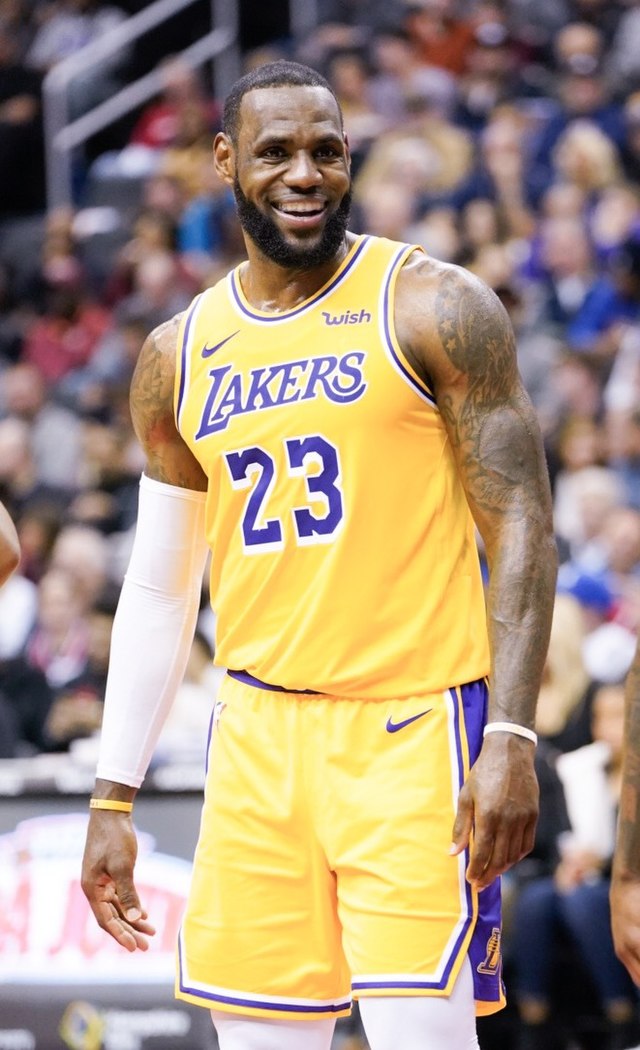
“LeBron” by Jeff Benedict (Avid Reader Press)
LeBron James has lived a very public life. Who can forget the 2002 Sports Illustrated cover anointing him “The Chosen One” when he was just 17? Now 38, he’s done thousands of interviews, spoken out on a variety of social justice issues, earned more than a billion dollars as an athlete and businessman, and — oh, yeah — won four NBA championships with three different teams.
But until now, no writer has packaged his life story into one narrative. Jeff Benedict, who co-wrote the bestselling “Tiger Woods” with Armen Keteyian, follows the same playbook here. He spent years combing through the public record, watching hours of video footage, and talking to hundreds of people from different stages of James’ life to craft “LeBron.” The book serves as both an origin story for the living NBA legend and an examination of how James changed the role of superstar athlete in so many ways — from business to entertainment to politics.
Readers who don’t already know the beats of James’ life will find them all here. Even those who already know what “The Decision” refers to (James’ 2010 televised special announcing his signing with the Miami Heat after seven years playing for his home state Cleveland Cavaliers) will appreciate the perspective Benedict provides when it comes to just how much James changed the perception of what it means to be a modern athlete.
Benedict didn’t interview James directly for the book, but that fact drives home one of the book’s main themes — James built his empire by surrounding himself with an inner circle of close friends, all of whom he met before adulthood. His fame now allows him to seek advice from and partner with scores of other influential people, but Team LeBron at its core is still his high school teammate Maverick Carter; fellow Akron, Ohio, native son Randy Mims; and Rich Paul, who James met in 2002 when Paul was a young entrepreneur selling vintage sports jerseys in Atlanta (Paul is now James’ agent and the CEO of Klutch Sports, which reps more than three dozen NBA players).
Given the fact that James didn’t speak to Benedict for the book, some critics may decry the armchair psychology in these pages. But James’ life has certainly not been unexamined. He has spoken at length about growing up fatherless, the fierce loyalty he feels toward his mother, and how grateful he is to coaches and neighbors who helped create an environment where he could focus on school and basketball and avoid any serious missteps.
That’s not to say “LeBron” is a hagiography. It touches on things like the Hummer his unemployed mom gave him when he turned 18 thanks to a bank loan secured by the promise of James’ future earnings, or the jerseys Rich Paul didn’t make him pay for, in violation of Ohio’s rules for high school basketball players. But with the benefit of hindsight, they are just bumps in the road to superstardom.
In fact, “LeBron” makes a more compelling argument about just how remarkable it is that a player of James’ magnitude has lived a scandal-free life, and in fact, has focused his platform and celebrity on meaningful issues like Black Lives Matter or inner city education.
The young boy who wrote “NBA Player/NBA Player/NBA Player” when asked to write down three things he wanted to be when he grew up, is arguably now the most influential NBA player of all time. That’s the story Benedict tells in what — for now — is the definitive biography of LeBron James.

